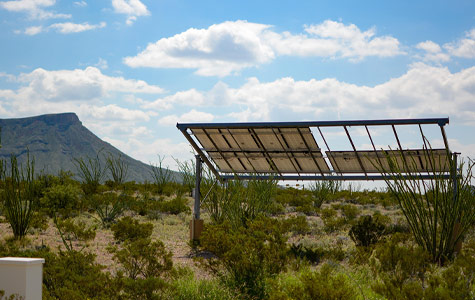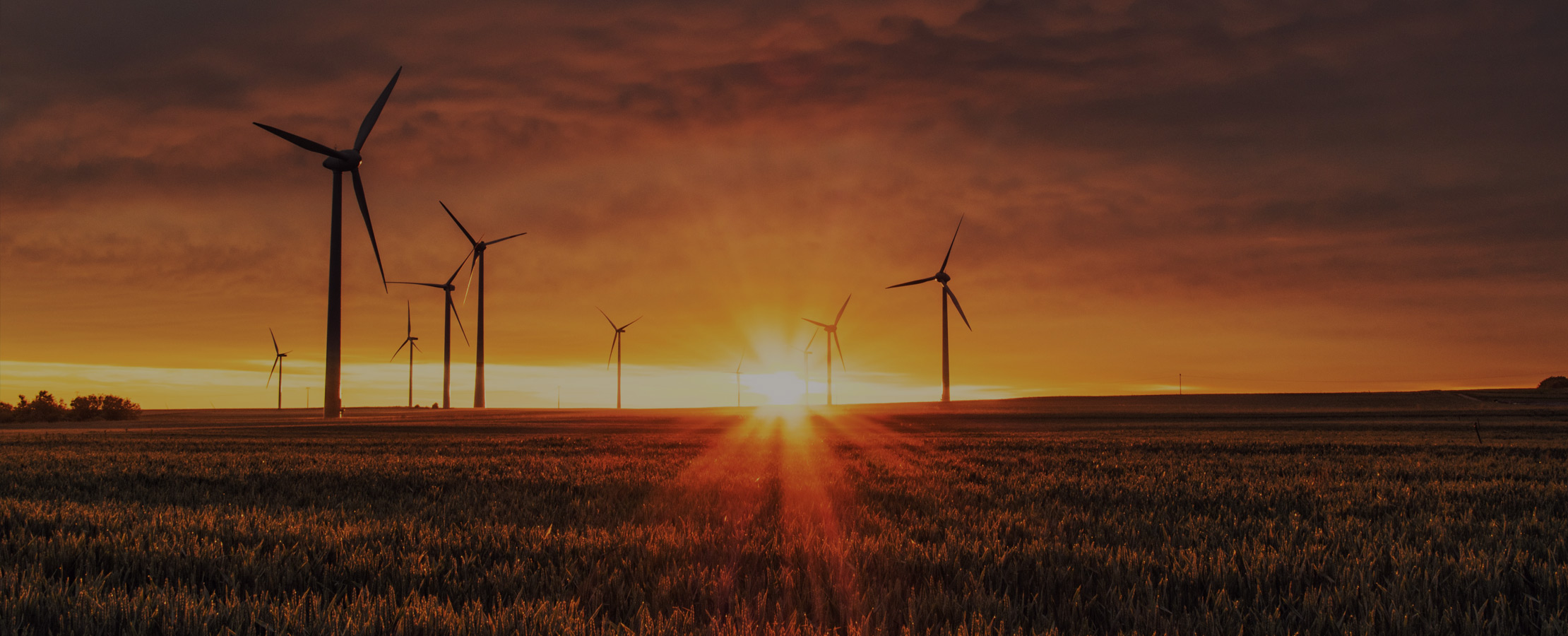Global energy security is being reshaped not only by changes in the availability and flow of traditional and emerging energy sources, but also by our ability to integrate and safeguard digital and electrified energy systems. Evolving concepts of energy security reflect the growing importance of system flexibility, cybersecurity, and coordinated planning.
Smart energy is transforming the way energy systems are planned, operated, and interconnected. Innovation in areas such as artificial intelligence, digital infrastructure, and low-emission technologies, and the use of advanced technologies and data-driven tools, enables greater efficiency, resilience, and adaptability across increasingly complex and interdependent energy value chains.

The challenge for policy-makers is to ensure that the drive for innovation does not come at the expense of energy security or delay efforts to provide affordable and reliable energy to those who still lack it. Technological progress must be guided by inclusive and balanced policies that recognize the need for resilience, strengthen it, and above all, deliver access for all. Building a secure and sustainable energy future requires both ambition and realism.
Innovation remains essential to expanding energy access, advancing energy transitions, and improving efficiency across all energy sources and technologies. Meeting climate goals will depend in large part on technologies that are not yet commercially viable and, in some cases, do not yet exist. Yet innovation alone is not enough. The path forward also demands collaboration, investment, and inclusive dialogue to ensure new technologies are introduced effectively, affordably, and securely.


The International Energy Forum, through its inclusive and neutral platform, brings together producers and consumers to navigate these intersecting transitions. By convening global stakeholders, the IEF helps build shared understanding of the risks and opportunities ahead, from policy uncertainty to investment frameworks and technology readiness.
The Global Energy Solutions Initiative (GESI), convened by the IEF in collaboration with S&P Global Commodity Insights as Chief Knowledge Partner is an example of this effort. The first stage of GESI provided a neutral and inclusive platform to explore issues, highlight different perspectives, and sought to identify new approaches that could achieve a sustainable energy transition at the lowest cost and greatest benefit to society.
The ongoing IEA-IEF-OPEC trilateral work program covering energy outlooks and the interactions between the physical and financial energy markets, and broader ministerial dialogues underscore this role: fostering common ground across a wide diversity of starting points and accelerating pathways that are not only sustainable but also secure and affordable.
What is now needed is a new kind of cooperation, one that reflects the full system-wide impacts of this evolving energy landscape. This includes more integrated planning, greater regulatory predictability, and open dialogue to align innovation with investment and to build the trust needed to advance resilient and inclusive transitions.






